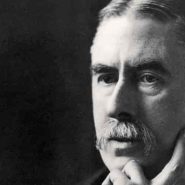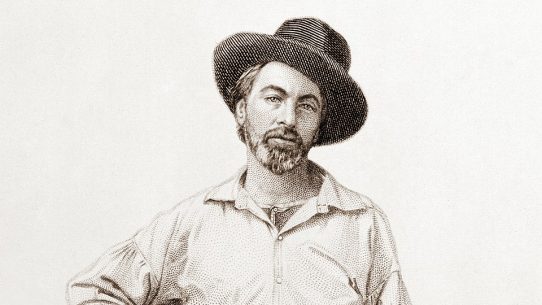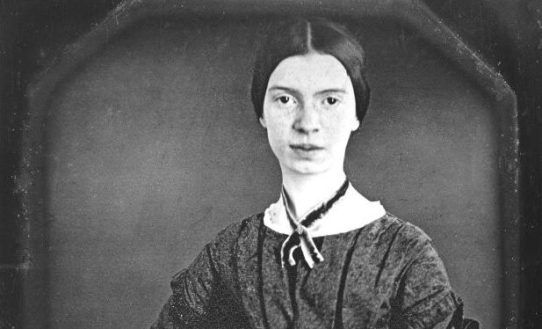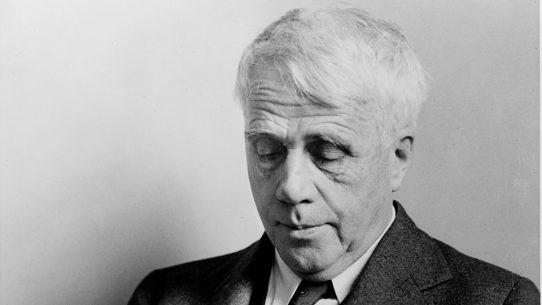Li Bai (also rendered as Li Po; 701–762) was one of the most celebrated poets of the Tang dynasty and remains a towering figure in Chinese literature. Renowned for his lyrical mastery, imagination, and unrestrained spirit, Li Bai’s poetry captures the beauty of nature, the joys of friendship, and the fleeting nature of life. Often paired with his contemporary Du Fu, he is remembered as the Immortal Poet, blending spontaneity with transcendence in verses that continue to inspire readers across the world.
Early Life and Education
Li Bai was born in 701, probably in Suyab (modern-day Kyrgyzstan) or in Sichuan province, China. His family moved to western China when he was young, and he grew up surrounded by mountains and rivers that would later infuse his poetry with a deep sense of natural wonder. Though not from a noble family, Li Bai received a classical education, mastering Confucian texts, Daoist philosophy, and ancient Chinese verse.
From an early age, he displayed a restless spirit and a thirst for adventure. Rejecting official examinations and bureaucratic life, he traveled widely through the empire, visiting remote mountains, river valleys, and bustling cities. His journeys became both literal and spiritual quests, seeking beauty, freedom, and enlightenment through poetry.
Literary Career and Major Works
Li Bai’s poetic career unfolded during the Golden Age of the Tang dynasty, when art and literature flourished under imperial patronage. His verse reflected an effortless fusion of imagination, spontaneity, and emotional intensity.
In 742, Li Bai was invited to the imperial court in Chang’an (modern Xi’an), where Emperor Xuanzong admired his talent. However, Li Bai’s carefree personality and love of wine clashed with courtly decorum, and his tenure was short-lived. After leaving the court, he resumed his wandering life, writing prolifically and forging deep friendships with other poets, including Du Fu.
His most famous poems — such as “Quiet Night Thoughts,” “Drinking Alone by Moonlight,” “The River Merchant’s Wife: A Letter,” and “The Hard Road to Shu” — blend natural imagery with philosophical reflection. His verse celebrates the transience of life, the solace of nature, and the search for transcendence beyond worldly ambition.
Style, Themes, and Influence
Li Bai’s poetry is characterized by lyrical grace, imaginative freedom, and Daoist idealism. His verses often depict vast landscapes, moonlit rivers, and solitary journeys — symbols of both spiritual longing and personal liberation. He wrote in both regulated and unregulated forms, but his language remained fluid, musical, and effortlessly vivid.
Recurring themes include the beauty of nature, friendship, the brevity of life, and the tension between worldly duty and spiritual freedom. His famous drinking poems celebrate intoxication not merely as pleasure but as a state of divine inspiration — a release from the constraints of reality.
Li Bai’s influence on Chinese culture is immense. He and Du Fu represent two poles of Tang poetry: Li Bai, the visionary romantic; Du Fu, the moral realist. His works inspired centuries of poets, painters, and calligraphers. In the West, translations by Ezra Pound, Arthur Waley, and others introduced his genius to modern audiences, influencing imagist poetry and early modernism.
Later Life and Legacy
In 755, during the An Lushan Rebellion, Li Bai briefly served under Prince Lin but was later imprisoned for his political associations. Pardoned after several years, he spent his remaining life traveling along the Yangtze River, composing poems until his death. Legend holds that he drowned while trying to embrace the reflection of the moon in the water — a story emblematic of his lifelong fusion of reality and dream.
Li Bai’s poetry survives in over 1,000 extant works, many preserved in the Quan Tang Shi (Complete Tang Poems). His legacy endures not only as one of China’s greatest poets but as a symbol of creative freedom — a man who sought harmony between heaven, earth, and the human heart.
Notable Works
- Quiet Night Thoughts (c. 740s)
- Drinking Alone by Moonlight (c. 740s)
- The River Merchant’s Wife: A Letter (c. 750)
- The Hard Road to Shu (c. 742)
- Bring in the Wine (c. 744)
Related Poets
Li He, Du Fu, Wang Wei, Bai Juyi, Meng Haoran




